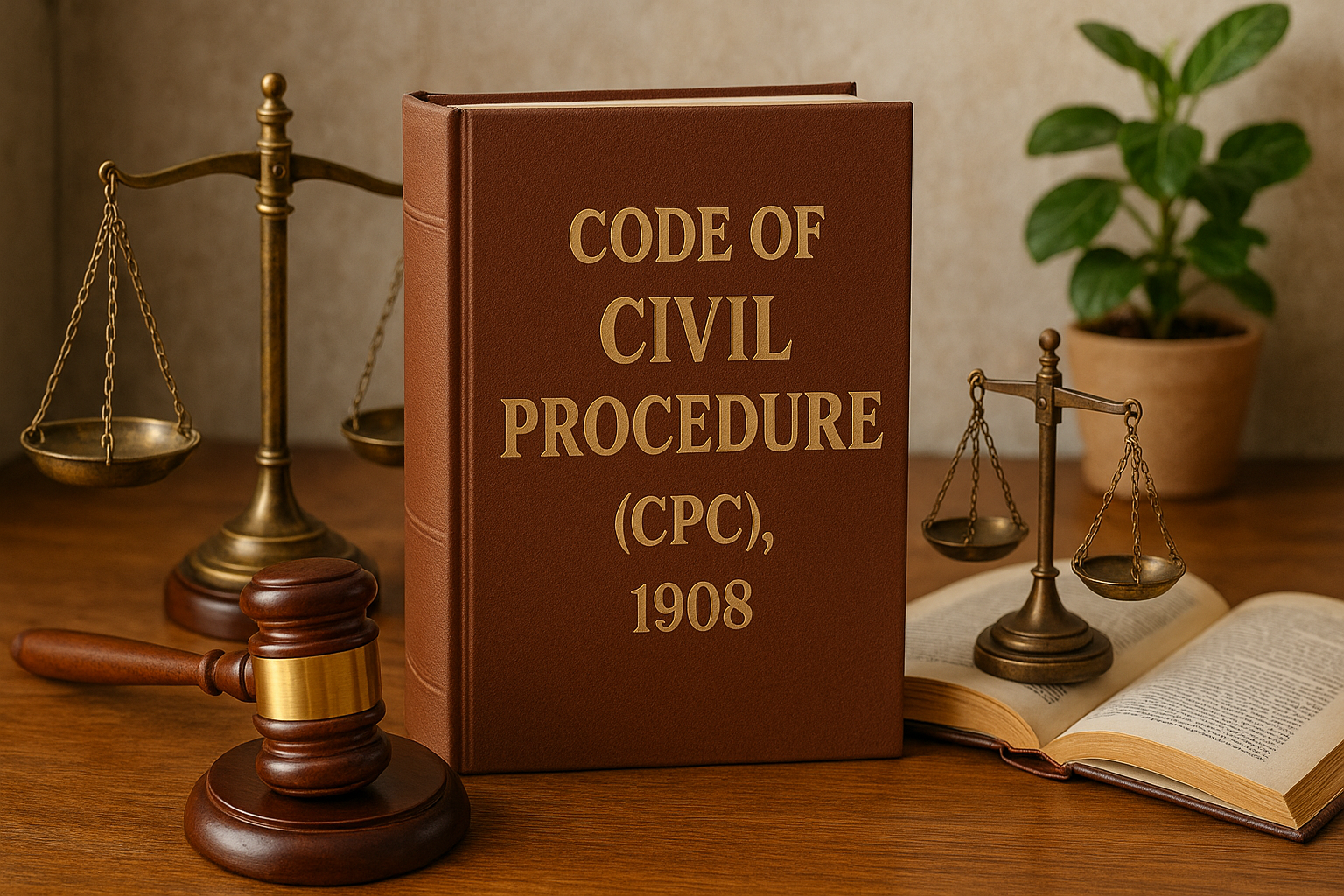What is Adjournment?
An adjournment means postponing or rescheduling a court hearing to another date. In civil cases, adjournments may be granted when parties or lawyers are unable to proceed with the hearing on the scheduled date due to valid reasons.
Governed by Order XVII of the Code of Civil Procedure (CPC), 1908)
Grounds for Seeking Adjournment
A party may request adjournment for reasons such as:
-
Illness of party or counsel
-
Non-availability of crucial witness
-
Incomplete evidence or documents
-
Need for time to file reply or additional documents
-
Unexpected emergencies (natural calamities, court strikes)
Legal Provisions: Order XVII Rule 1
Key Highlights:
-
Court may grant adjournment if it is satisfied that there is sufficient cause.
-
The party must record reasons in writing.
-
Court may impose costs for adjournment to discourage misuse.
-
No party shall be granted more than three adjournments during the hearing of the suit (as per 2002 Amendment).
Limit on Adjournments: 3-Time Rule
| Rule | Explanation |
|---|---|
| Maximum 3 adjournments | A party may not be granted adjournment more than three times without exceptional reasons |
| After 3 chances | Court can refuse adjournment even if inconvenience is caused |
| Costs may be imposed | To compensate the other party and prevent deliberate delays |
⚠️ This rule ensures speedy disposal and discourages tactical delays in litigation.
Effect of Unjustified Adjournments
-
Wastes judicial time
-
Causes harassment to the opposite party
-
Delays justice and increases litigation cost
-
May result in adverse inference by the court
Judicial Discretion
Despite the 3-time restriction, the court has inherent discretion to grant further adjournments in the interest of justicewhere circumstances are extraordinary (e.g., medical emergency, death of a party).
Important Case Law
🔹 K.K. Velusamy v. N. Palanisamy (2011)
Adjournments cannot be claimed as a right. Court has discretion, but it must be judicially exercised.
🔹 Salem Bar Association v. Union of India (2005)
Upheld the three adjournment rule and emphasized its importance for timely justice.
Conclusion
Adjournments are an important procedural tool, but they must be used sparingly and honestly. The CPC strikes a balance by allowing limited flexibility while protecting the right to a fair and speedy trial.
Unnecessary adjournments hinder justice; therefore, courts and parties are expected to use them only when genuinely required.

